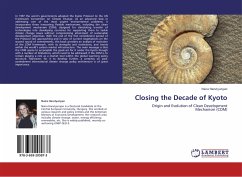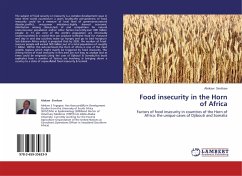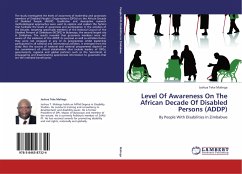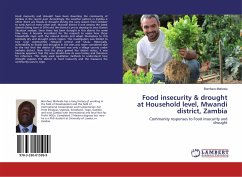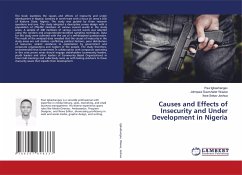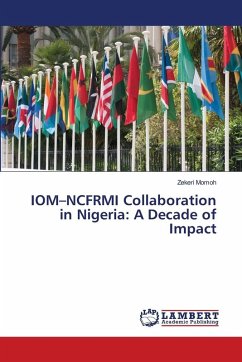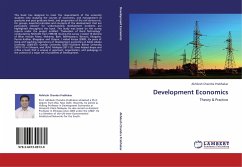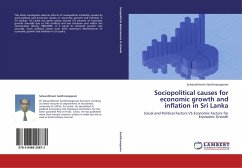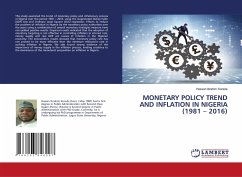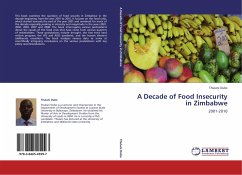
A Decade of Food Insecurity in Zimbabwe
2001-2010
Versandkostenfrei!
Versandfertig in 6-10 Tagen
32,99 €
inkl. MwSt.

PAYBACK Punkte
16 °P sammeln!
This book examines the question of food security in Zimbabwe in the decade beginning from the year 2001 to 2010. It focuses on the food crisis, which started towards the end of the year 2001 and remained for much of the decade especially peaking in intensity and magnitude in the years 2001, 2002, 2003, 2007 and 2008. The book interrogates various postulations about the causes of the food crisis that have come from various quarters of stakeholders. These postulations include drought, the fast track land reform program, the HIV and AIDS pandemic, and the human element (deliberate causation). The...
This book examines the question of food security in Zimbabwe in the decade beginning from the year 2001 to 2010. It focuses on the food crisis, which started towards the end of the year 2001 and remained for much of the decade especially peaking in intensity and magnitude in the years 2001, 2002, 2003, 2007 and 2008. The book interrogates various postulations about the causes of the food crisis that have come from various quarters of stakeholders. These postulations include drought, the fast track land reform program, the HIV and AIDS pandemic, and the human element (deliberate causation). The book analyzes various data to arrive at scientifically intriguing conclusions on the various postulations with key policy recommendations.



